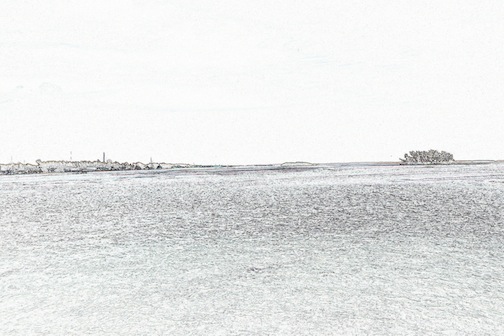By David Rowe
Op-Ed Contributor
THE ARRESTS OF McKeeva Bush and Michael Misick in one-week span focused on the world of corruption in the Caribbean.
The two most prestigious Caribbean offshore financial centres ended up with a pair political leaders in jail. Does this say anything about the region as a whole? Transparency International has already said its piece.
In Jamaica, the government is threatening to prevent tax evaders from leaving Jamaica, while Opposition voices complain about expensive
governmental travel and new SUVs for Ministers.
Who pays for all the official trips to China and London, they ask? Other Jamaicans do not hold their breath waiting for the answers.
The corruption fight has become a significant priority for the Caribbean because of the region’s lack of resources and relatively young democracies.
It can be argued quite persuasively that the paucity of the resources of the region means that corruption is a bigger source of trouble for these developing economies than any other single factor.
And campaign finance is one of the biggest contributing factors to the region’s corruption problem.
Frequently in the Caribbean, the rules are established by those who can contribute directly and legally to Members of Parliament at election time and, by so doing, guarantee their post-Parliament financial fortunes.
As the Organization of American States has repeatedly cautioned, there is very little transparency in the Caribbean with regard to campaign financing, and little to no legislation on the matter.
This is an unfortunate legislative oversight which has made the corruption landscape even more dangerous in these territories.
What it means is that there is no reliable way for the outsider to know who is on whose side, and whose financial interests are affected by which political decisions.
OLINT, a transnational Ponzi scheme led by the now-jailed David Smith, is reported to have contributed to both of Jamaica’s leading political parties, the People’s National Party and the Jamaica Labour Party.
There may be some hope. The Caribbean Security Basin Initiative, an agreement between the Caribbean and the United States, has several features that should reduce Caribbean corruption.
Among these are enhanced law enforcement training, including techniques for intercepting bulk cash and other contraband at airports. The initiative will also develop a task force to address critical crime issues.
But corruption will remain a black eye for the region until its nature as a major crisis is acknowledged.
David P Rowe is an attorney in Jamaica and Florida and a law professor at the University of Miami School of Law in Coral Gables, Fla.
Note: the opinions expressed in Caribbean Journal Op-Eds are those of the author and do not necessarily reflect the views of the Caribbean Journal.
